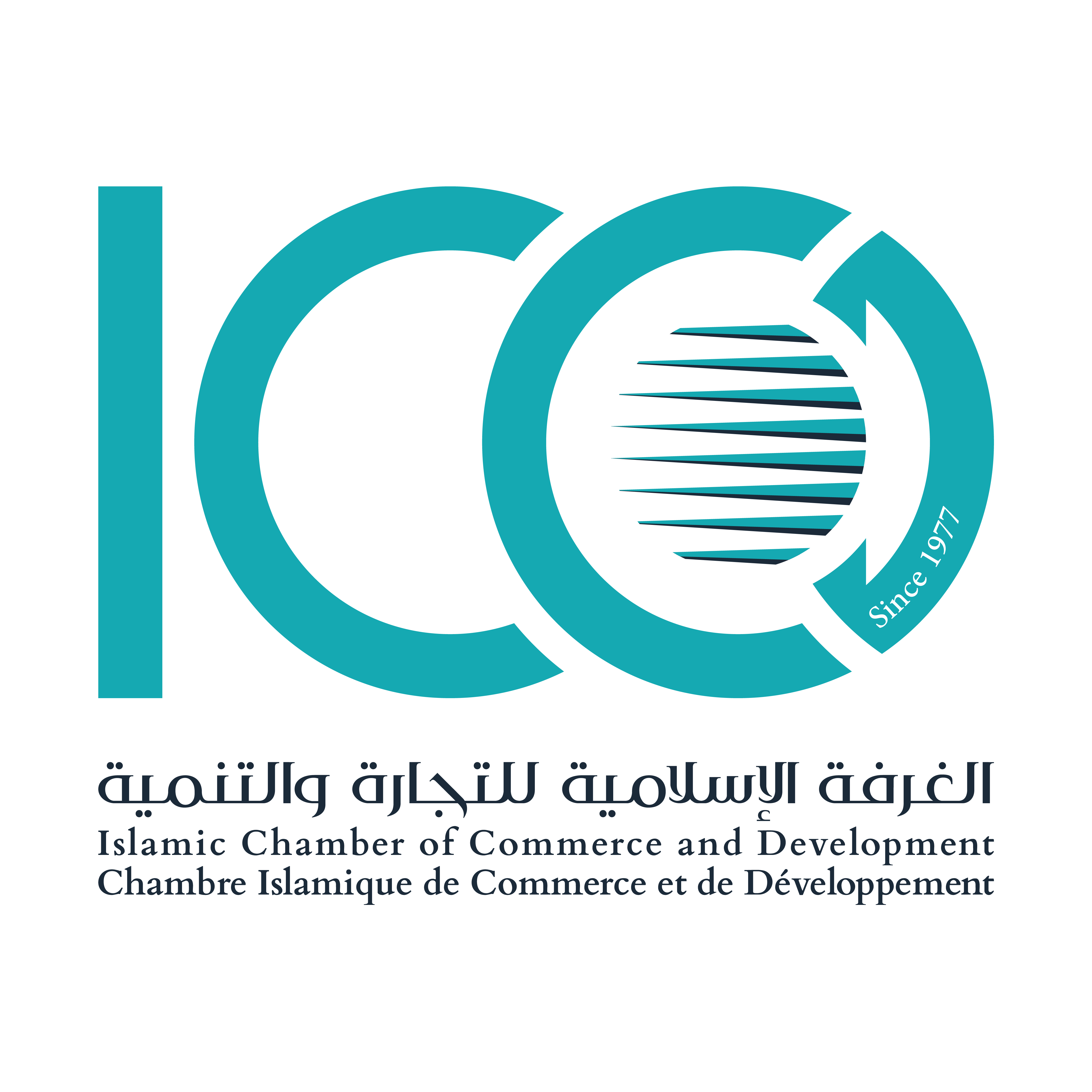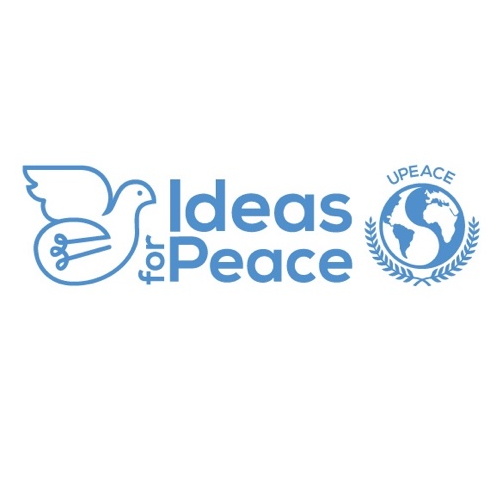United Nations Population Fund (UNFPA)
Description
About
UNFPA is the United Nations sexual and reproductive health agency. Our mission is to deliver a world where every pregnancy is wanted, every childbirth is safe and every young person’s potential is fulfilled. UNFPA Supports:
- Reproductive health care for women and youth in more than 150 countries – which are home to more than 80 per cent of the world’s population
- The health of pregnant women, especially the 1 million who face life-threatening complications each month
- Reliable access to modern contraceptives sufficient to benefit 20 million women a year
- Training of thousands of health workers to help ensure at least 90 per cent of all childbirths are supervised by skilled attendants
- Prevention of gender-based violence, which affects 1 in 3 women
- Abandonment of female genital mutilation, which harms 3 million girls annually
- Prevention of teen pregnancies, complications of which are the leading cause of death for girls 15-19 years old
- Efforts to end child marriage, which could affect an estimated 70 million girls over the next 5 years
- Delivery of safe birth supplies, dignity kits and other life-saving materials to survivors of conflict and natural disaster
- Censuses, data collection and analyses, which are essential for development planning
UNFPA is formally named the United Nations Population Fund. The organization was created in 1969, the same year the United Nations General Assembly declared “parents have the exclusive right to determine freely and responsibly the number and spacing of their children.”
UNFPA calls for the realization of reproductive rights for all and supports access to a wide range of sexual and reproductive health services – including voluntary family planning, maternal health care and comprehensive sexuality education.
Since UNFPA started its work, the world has seen progress: The number and rate of women dying from complications of pregnancy or childbirth has been halved. Families are healthier. Young people are more connected and empowered than ever before.
But too many are still left behind. More than 760 million people are mired in extreme poverty. Sexual and reproductive health problems are a leading cause of death and disability for women in the developing world. Young people bear the highest risks of HIV infection and unintended pregnancy. Many millions of girls face the prospect of child marriage and other harmful practices, such as female genital mutilation (FGM).
Much more needs to be done to ensure a world in which all individuals can exercise their basic human rights, including those that relate to the most intimate and fundamental aspects of life.
In 2018, UNFPA launched efforts to achieve three transformative results, ambitions that promise to change the world for every man, woman and young person:
1. Ending unmet need for family planning
Family planning is central to women’s empowerment and sustainable development. Today, more than 300 million women in developing countries are using contraception, but more than 214 million women who want to plan their births do not have access to modern family planning.
UNFPA works with governments and partners to promote universal access to quality, integrated sexual and reproductive health services. UNFPA also promotes comprehensive sexuality education and youth leadership, which empower young people to exercise autonomy, choice and participation with regard to their sexual and reproductive health and rights.
2. Ending preventable maternal death
Everyone has the right to health, including women and mothers. Since 1990, maternal mortality has declined by 44 per cent. Still, some 830 women and adolescent girls die each day from preventable causes related to pregnancy and childbirth, and 99 per cent of these deaths occur in developing countries – more than half in fragile and humanitarian settings.
UNFPA partners with governments and others to strengthen health systems, train health workers, educate midwives and improve access to the full range of reproductive health.
3. Ending gender-based violence and harmful practices
As the struggle for gender equality continues, violence against women and girls remains a global pandemic. One in three women will experience physical or sexual violence in her lifetime. And approximately one in four girls in the developing world is married before age 18.
UNFPA works to prevent and respond to gender-based violence through its work with policymakers, justice systems, health systems and humanitarian partners. UNFPA also focuses on eliminating harmful practices, including FGM and child marriage, and helps to engage men and boys to advance gender equality.
SECTOR
Child Development, Gender Equality and Empowerment of Women, Health
Country
United States of America
SDG
03 - Good Health and Well-being, 05 - Gender Equality, 08 - Decent Work and Economic Growth, 11 - Sustainable Cities and Communities, 13 - Climate Action, 16 - Peace and Justice Strong Institutions
Organization Type
Multilateral Organization
Similar Organizations



